
Deadline: February 17, 2019
Entry fee: Free
Prizes: $100, $250, $1,000 vouchers for photography equipment/software
WIN is excited to launch the instalment of our annual photo competition!
We want photographers to capture the relationship between gender, participation, and the fight against corruption in different ways, across various cultures and locations.
Participants are invited to submit up to two photographs that examine these complex elements through your own lens, and we encourage photographers to share your vision of a world working toward increased water integrity, and improved participation across genders such as:
- Non-traditional community leaders improving integrity and transparency
- Participation of all genders in management and decision-making around services
- Activists striving to hold service providers and government to account
- Overcoming obstacles to achieve equal access and fair distribution
Categories
- Best Overall Photo
- Best Smartphone Photo
Website: http://www.waterintegritynetwork.net/2018/11/12/2019-photo-competition-open/
Gender and Water Integrity Photo Competition 2018 Winners
© Antoine Delepiere, 1st Place
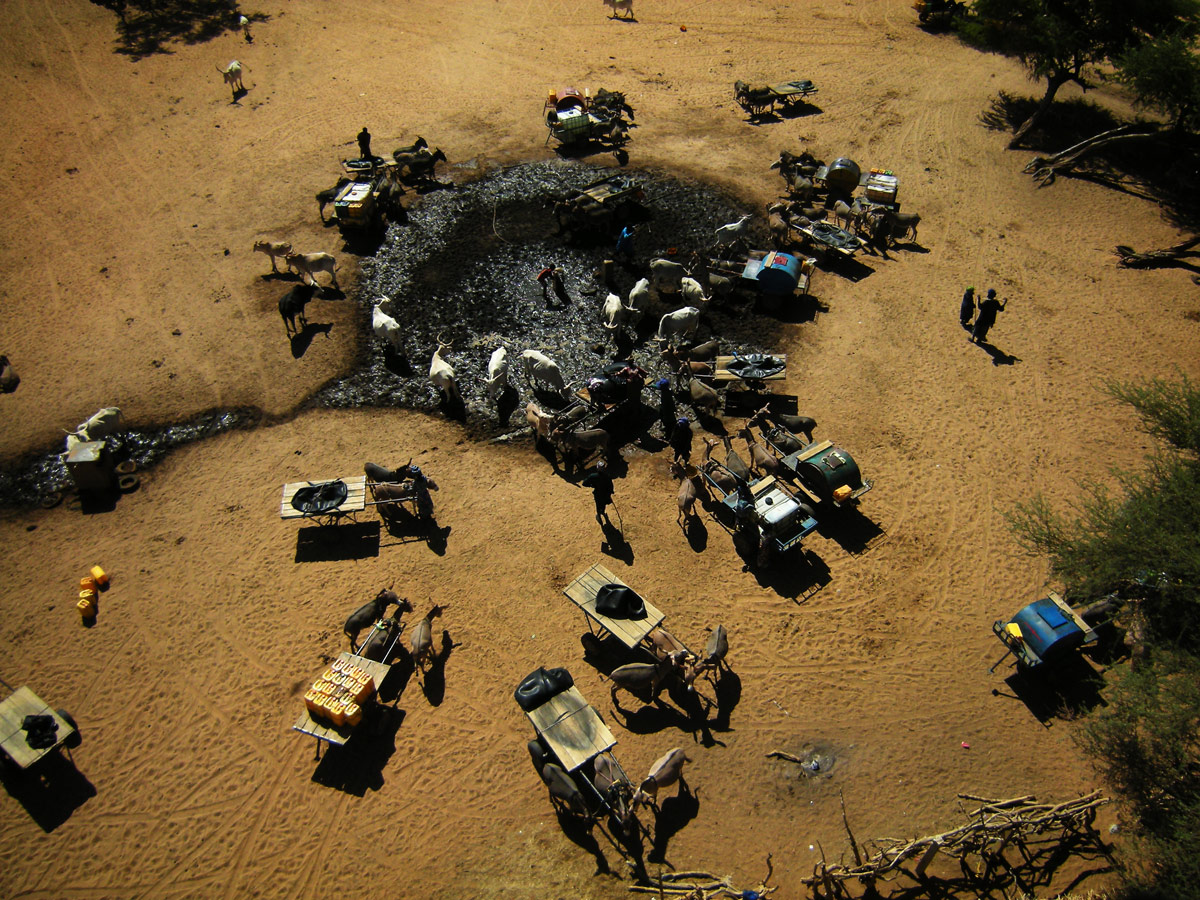
Sharing water resources with animals – Senegal, Podor Region
Public water points are managed by private operators who don’t take responsibilities for the protection of water points, used by both humans and animals (nomad populations). This has led to the contamination of water and subsequent health problems. The money is not used to provide a good quality service. There is a lack of transparency and integrity in the management of the water points, and no follow up from the state.
© Sony Ramany, Runner Up

Dagair Government Primary School, Demra, Dhaka, Bangladesh
With scarcity of drainage facilities, areas get flooded with little rain. The situation worsens as rainwater gets logged for days, making it difficult for school goers and locals to move from one place to the other. With huge amounts of corruption, the proposed 8 feet-width drains are constructed with only 2 feet-width, making the drains overflow in just minutes after a heavy shower of rain pours down during the rainy season.
© Somenath Mukhopadhyay, Runner Up
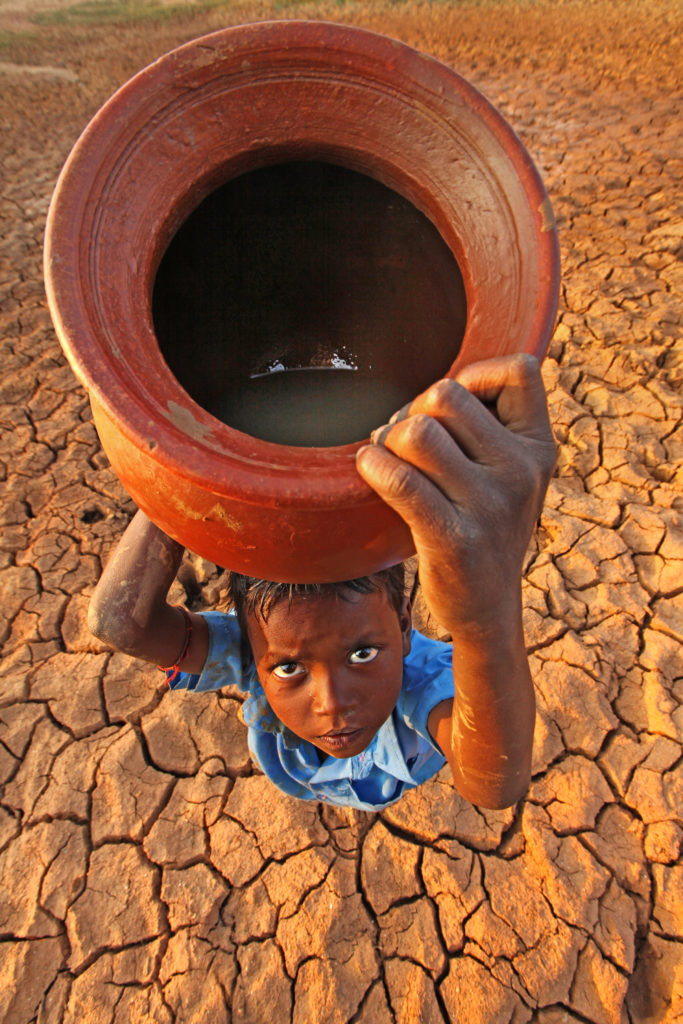
West Bengal
This picture shows a boy in rural West Bengal getting back home with very little water that he collected from a pond, as all water sources nearby had gone dry during an extreme summer. This picture reflects the fact that there are many households that are denied access to clean water due to poverty, and lack of resources.
Rest of the Top 10
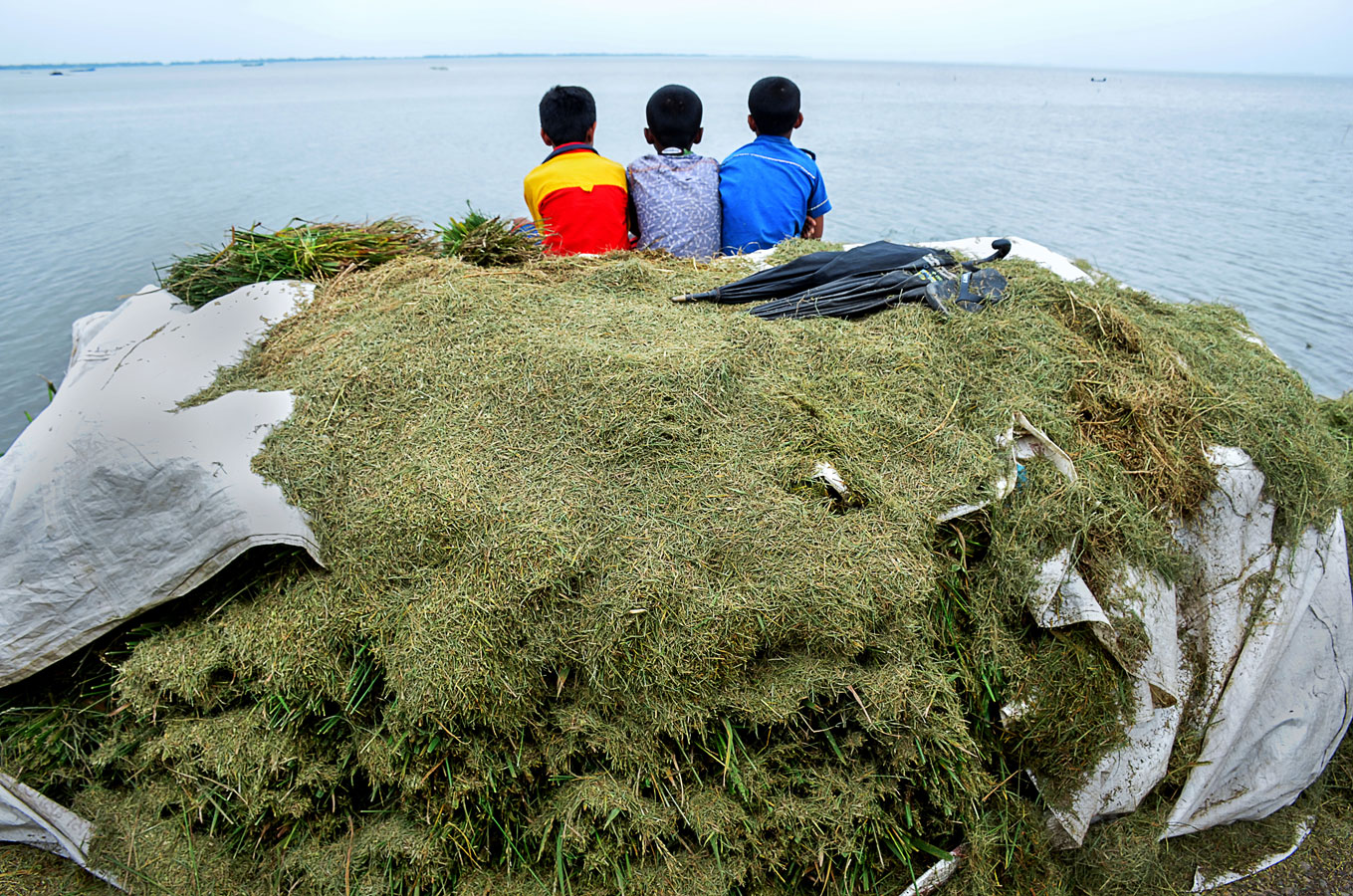
Victim Farmers of Corruption – Shonir Haor, Sunamganj District, Bangladesh
Local children are sitting on raw paddy stacks, watching the dam broken water waves on their rice field in Shonir Haor, Sunamganj, Bangladesh. The farmers are claiming that due to the corruption of the water development board, every year the dam is damaged by crops. The governor of Bangladesh allocates millions of taka every year for the construction of dams in the crop fields. But without proper construction, those in charge embezzle the money related to the project. On March 27, 2017 the country’s Haor areas were suddenly flooded with water. The dam had broken down, and the harvest of more than 142 Haors had already been submerged. The situation is terrible.
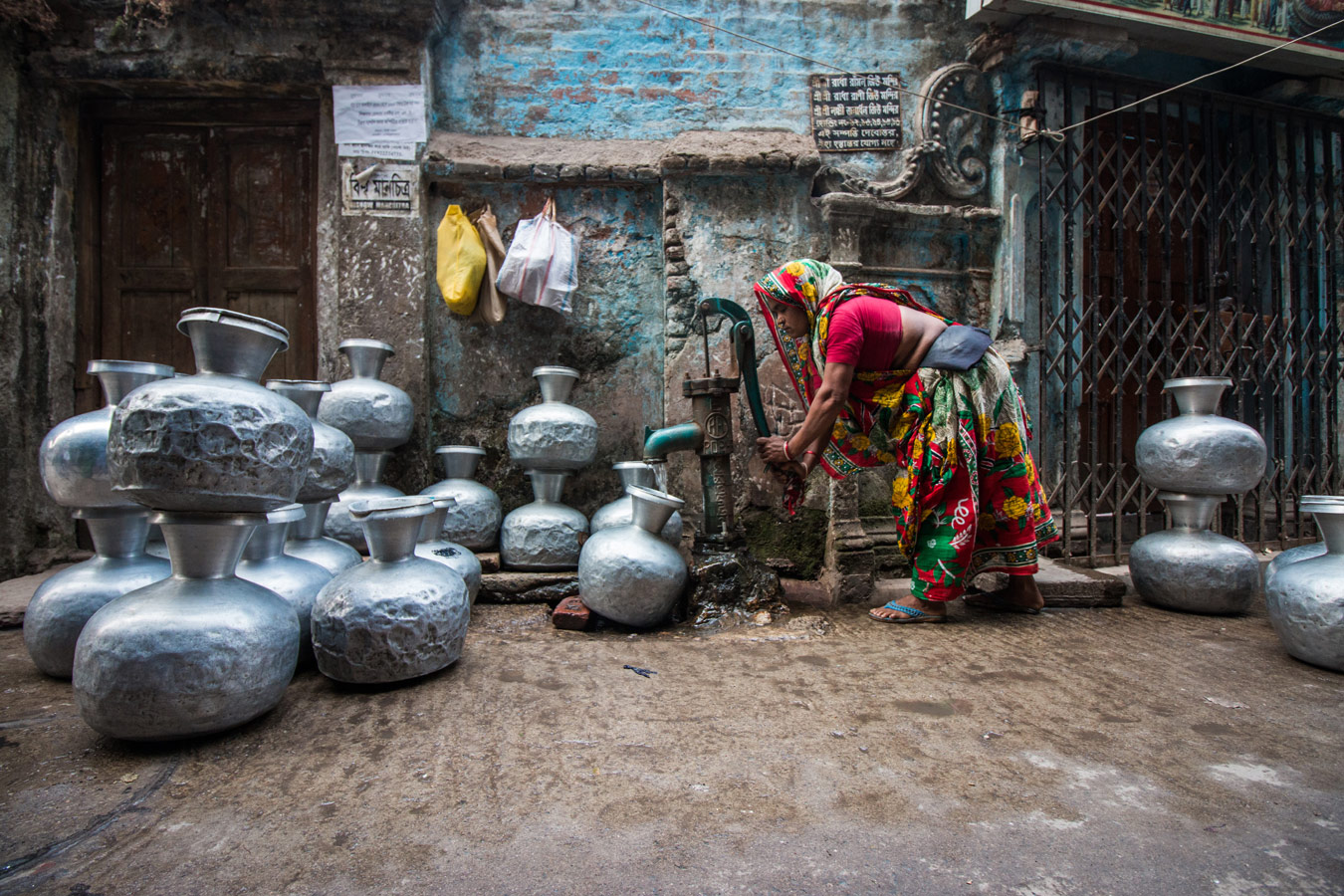
Dhaka, Bangladesh
The world’s most densely populated city is Dhaka. The demand for water in the capital cannot be met by the government due to the corruption in the water sector. Even tube-well water is not sufficient for the population. They have to suffer the inadequate supply of water and they have to spend extra money for drinking water.
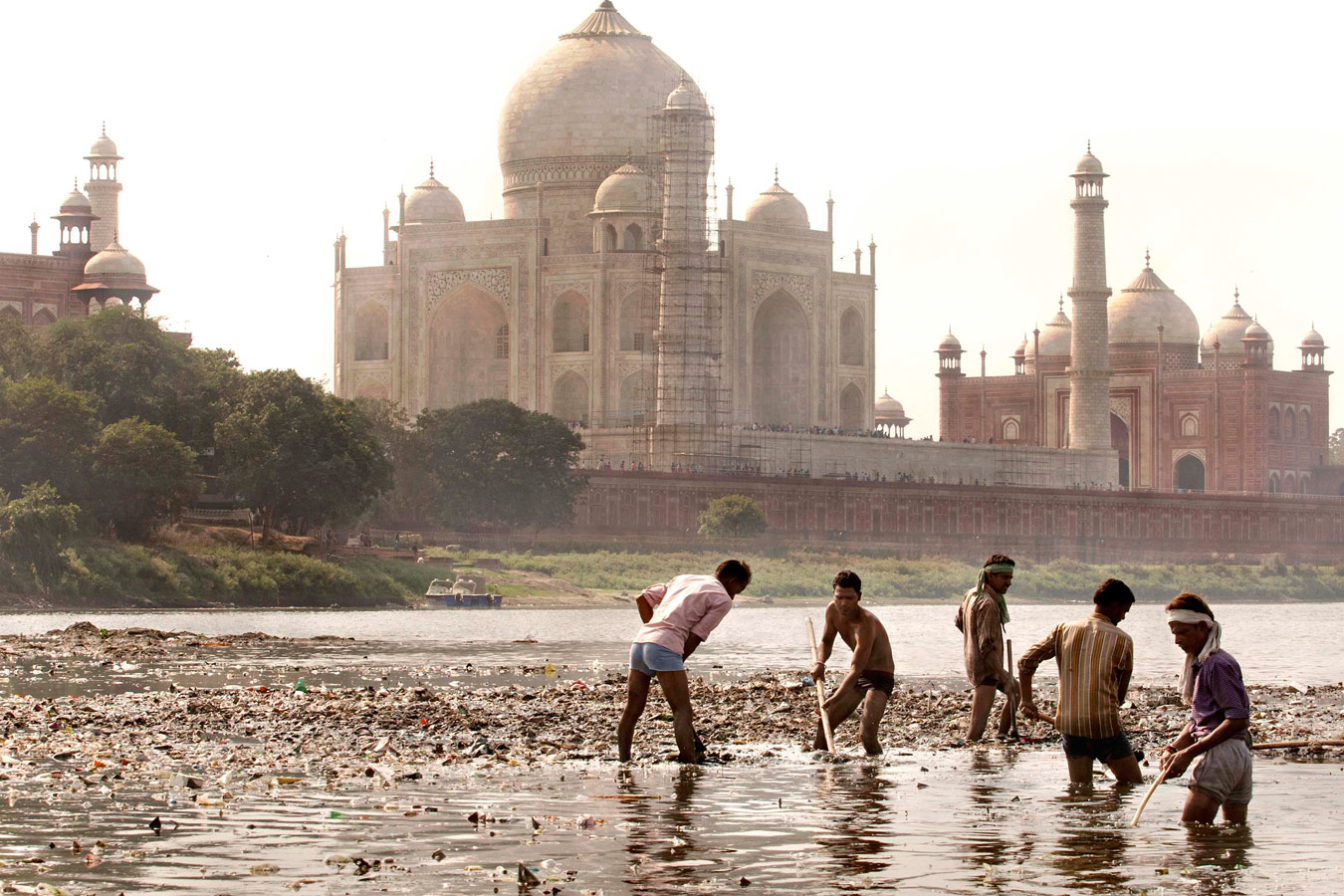
Cleaning up Yamuna – Agra, India
The Yamuna Action Plan (YAP) is a project between the Government of India and Japan. It’s one of the largest running river restoration projects in India. The Government of Japan, via the Japanese Bank for International Cooperation, has provided aid of 17.7 billion yen to carry out the project, which is being executed by the National River Conservation Directorate, the Ministry of Environment and Forest, and the Government of India. This picture shows the above mentioned river restoration project being executed in front of the Taj Mahal at the bank of the river Yamuna in Agra, India.
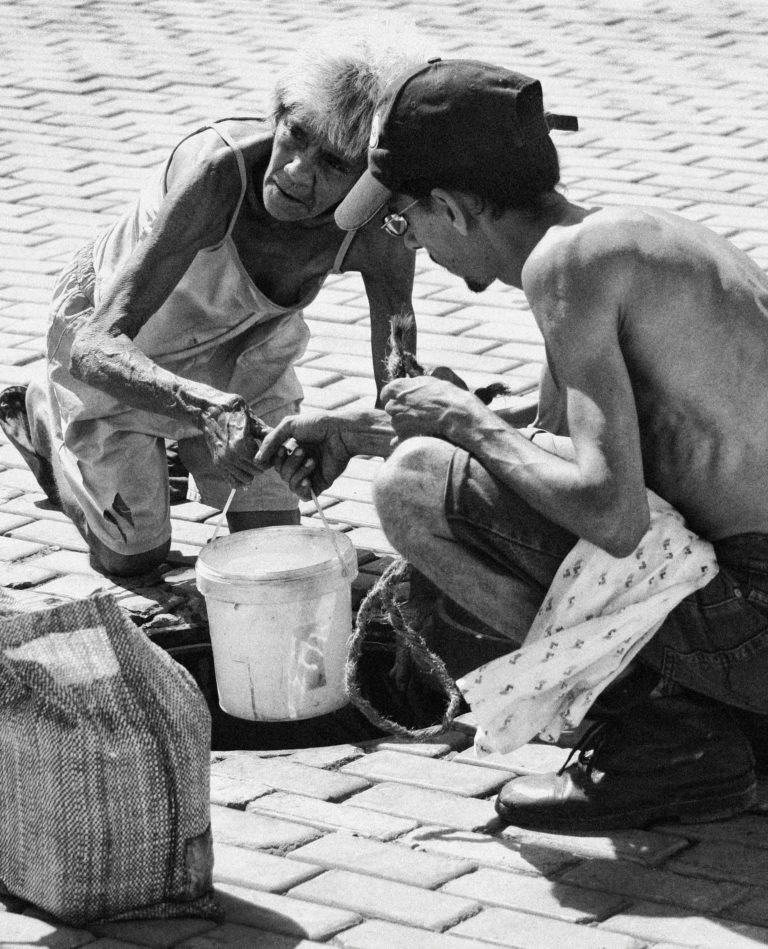
Old Plaza, Havana, Cuba
A few years ago, the government decided to finance the repair all of the hydraulic systems in Havana’s historical center. Repairs took many years. But now, after the construction has ended, problems with the vital liquid continue. Many people think that all of the problems are caused by an increase in tourists, who are competing for the vital service. This picture was taken at a popular tourist plaza in Havana’s Historical Center. Some locals collect their water here.
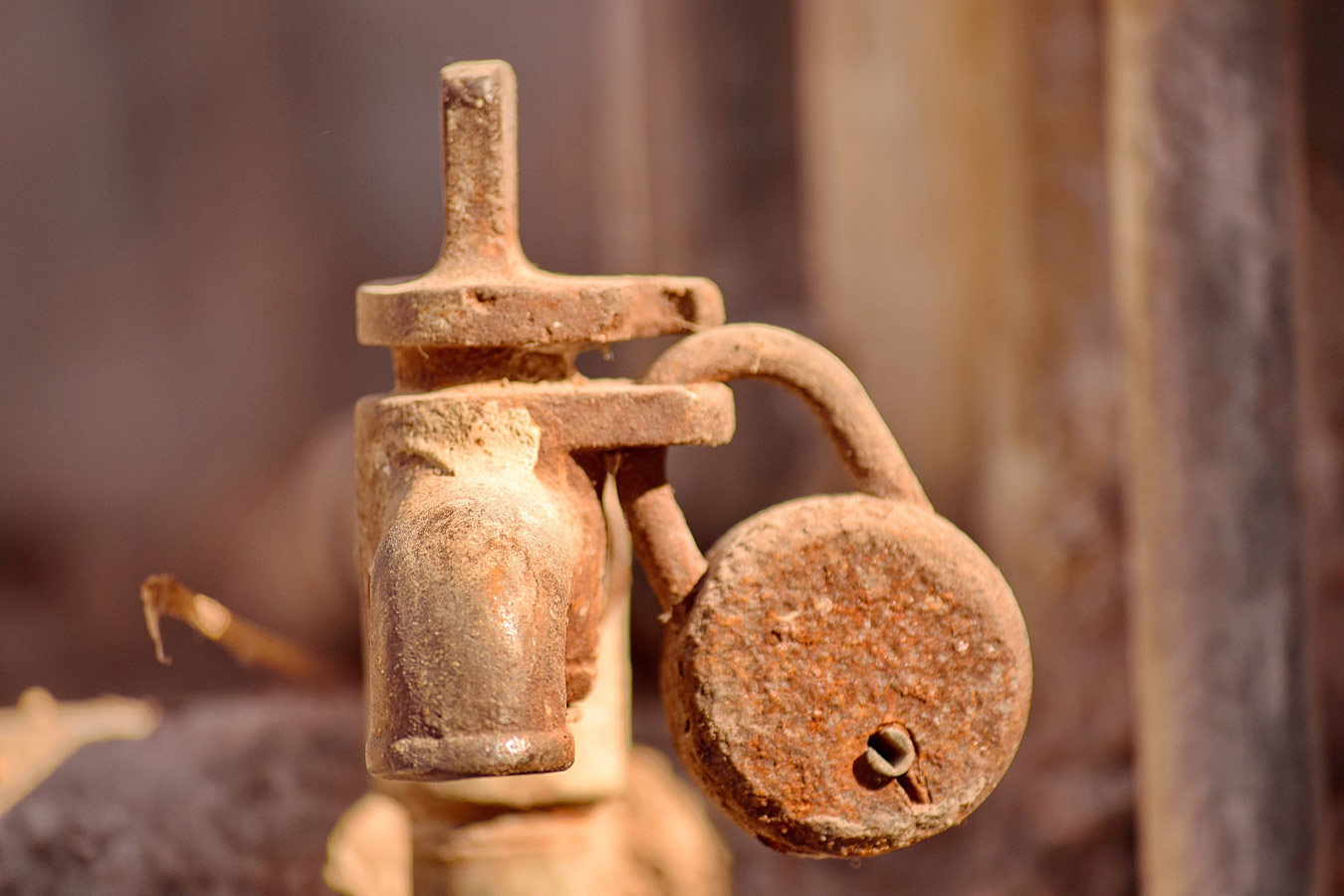
Chargeable Water – Gujarat, India
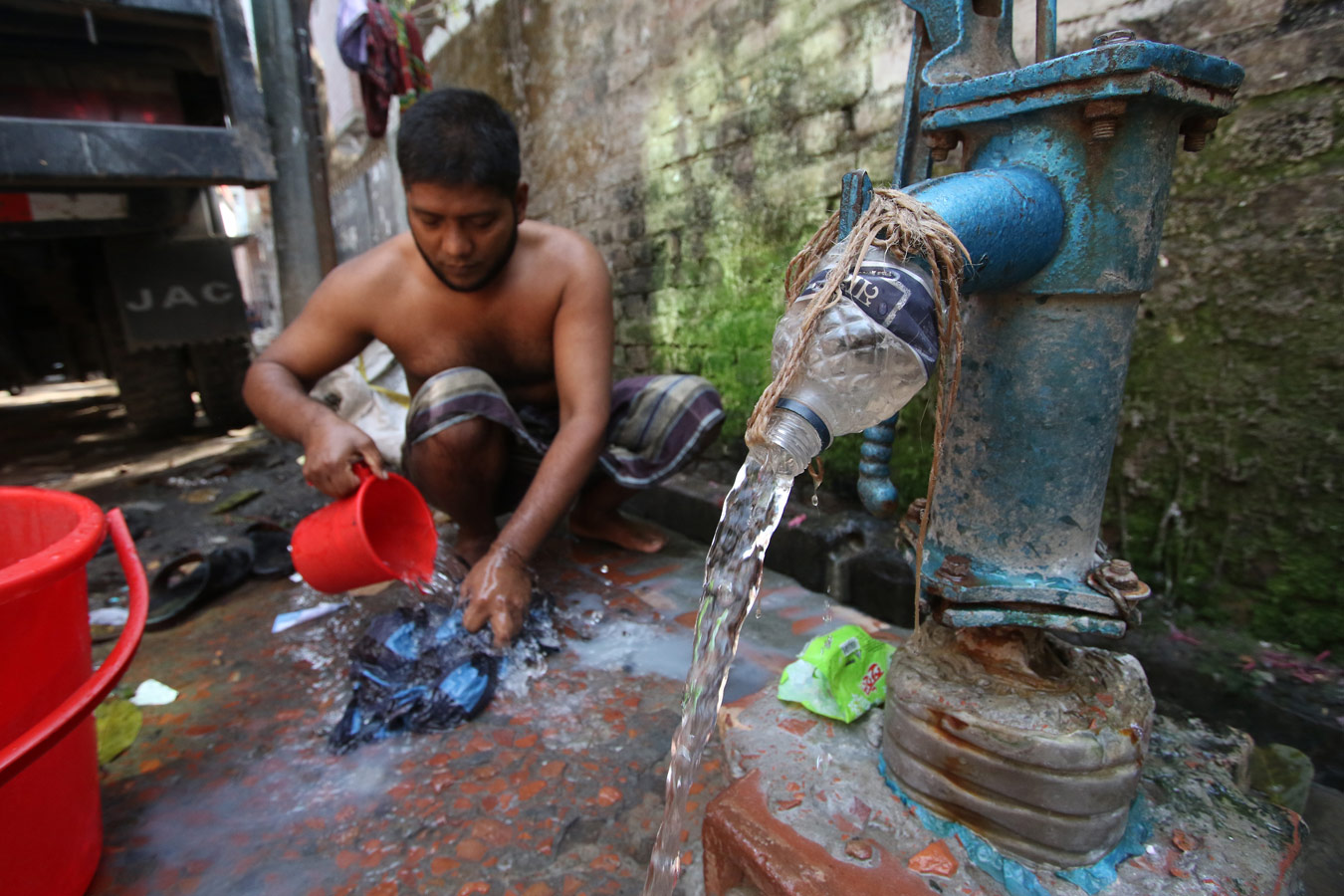
Waste of Water – Dhaka, Bangladesh
Water flows continuously from makeshift taps all over Old Dhaka. Water is scarce, but the authorities do nothing to control this unabated waste of water.

Tondo, Manila, Philippines
The exposed pipes and hoses give opportunities for pilferage and theft, but this picture shows a boy sourcing water during the day, and paying the pipe “owner” some coins for the access.
© Simone Klawitter, Winner of the ‘Best Smartphone Photo’ Prize
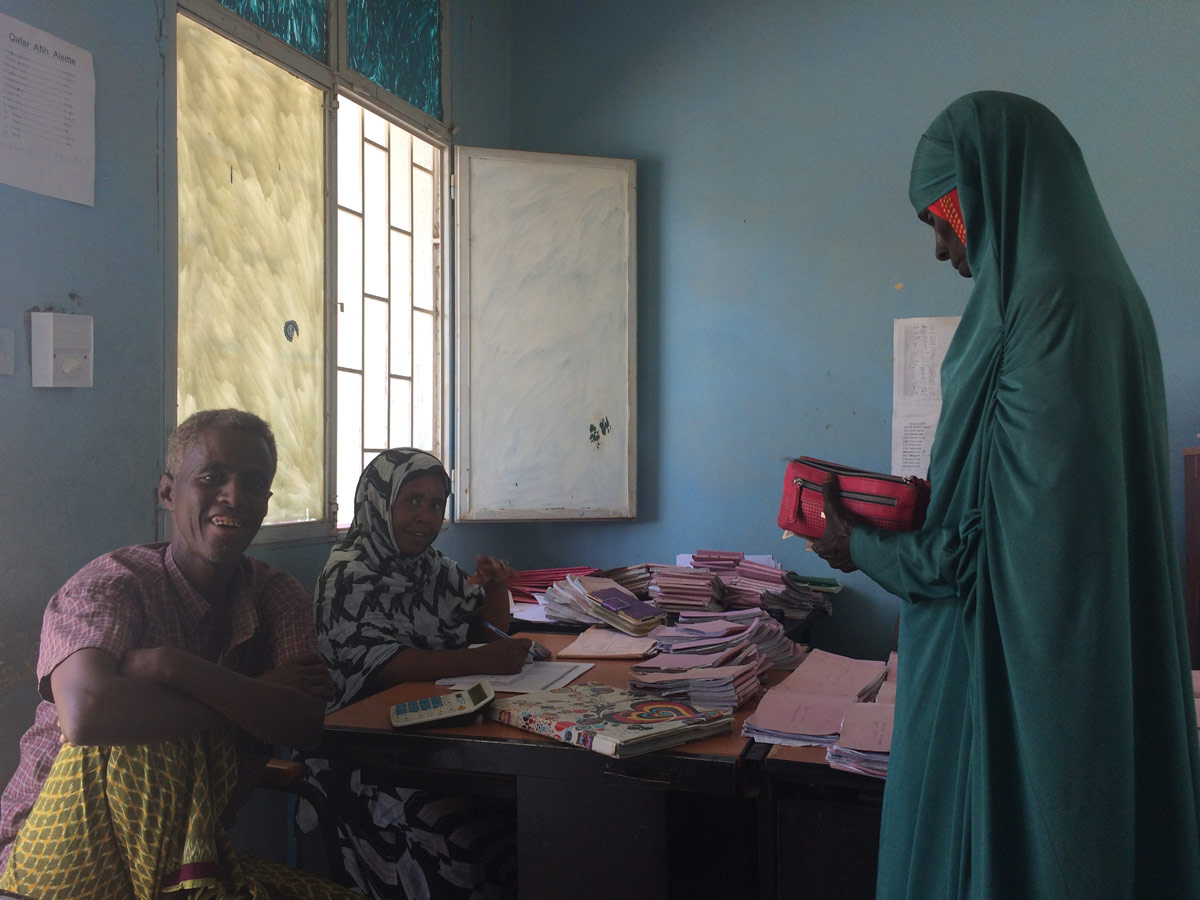
Settling the Bill – Afar Region, Ethiopia
A woman from Afar Region, Ethiopia, pays her water bill. She lives with her family in a remote small town where water is provided and metered at peri-urban household level by a local utility. The picture was taken during a field survey on behalf of UNICEF to review and analyse alternative O&M options for rural and peri-urban water supply in Ethiopia in 2017.
Next:
SkyPixel Aerial Photography & Video Contest
![]()
Share:








